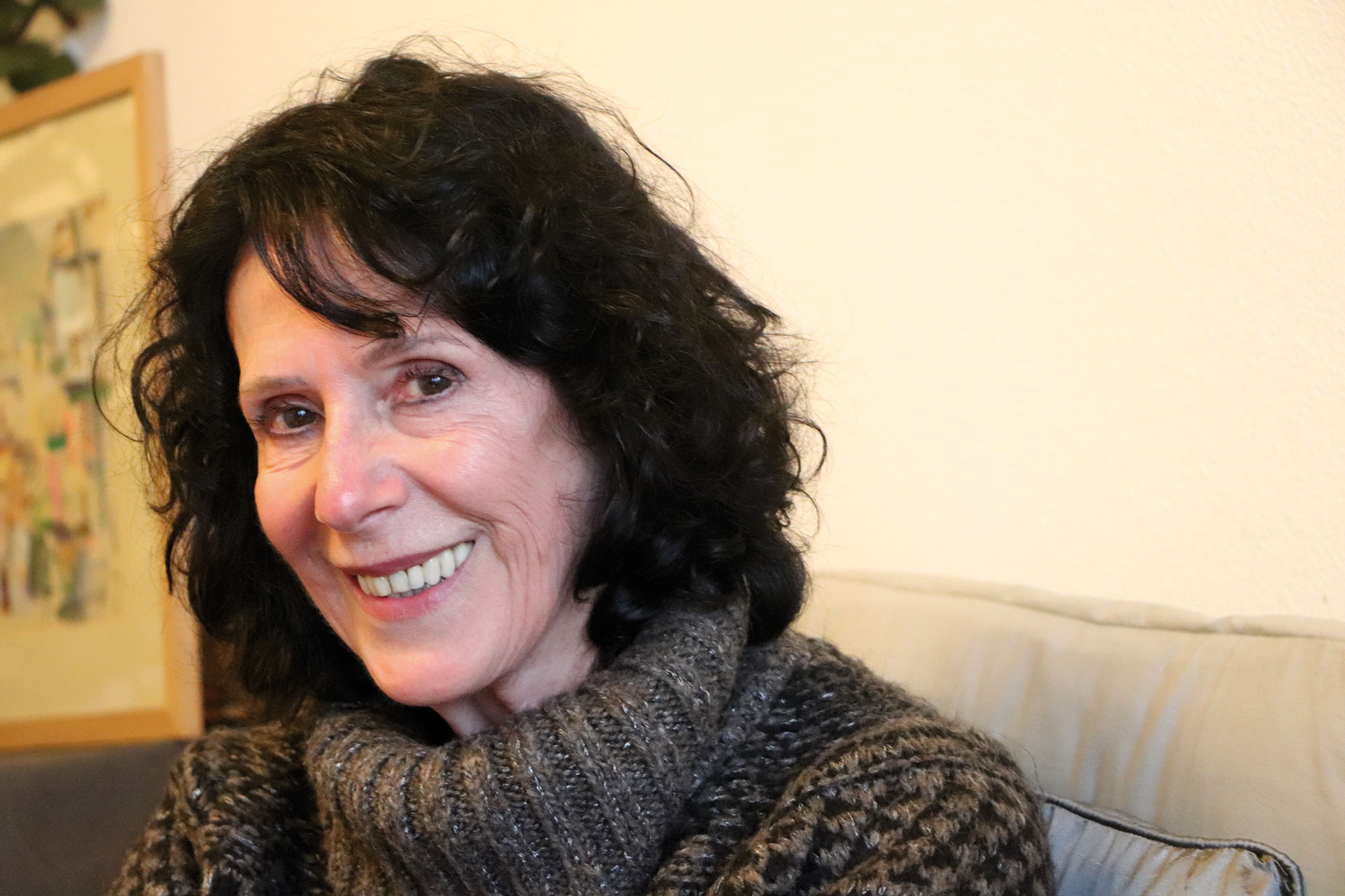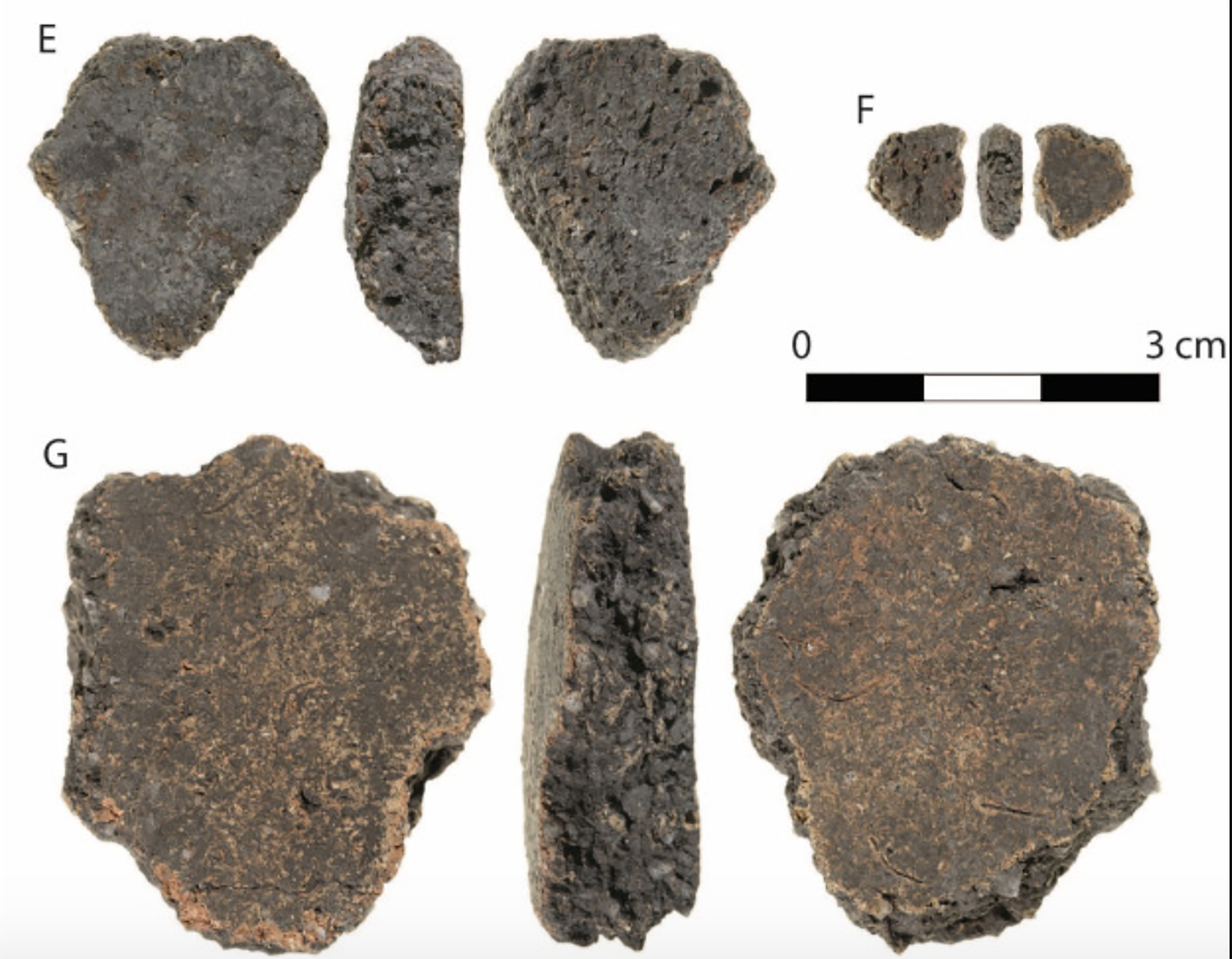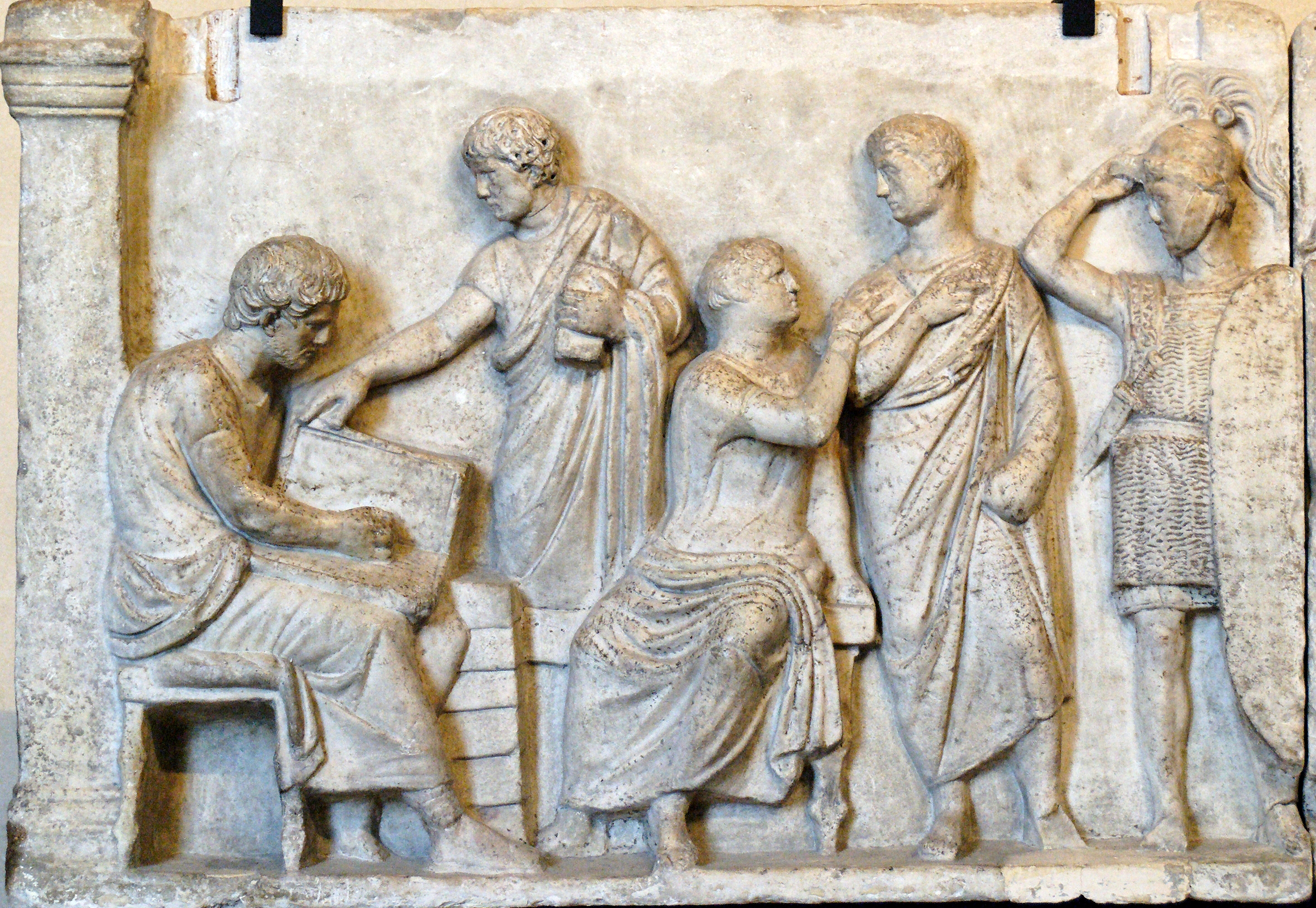Krutwig, the adicame to know
- Two years ago we celebrated the centenary of Federico Krutwig Sagredo. Born in Getxo in 1921 and died in 1998. At that time he left us with many contributions and many reflections. A wise man, studied various areas of knowledge such as politics, economics, philosophy, linguistics, literature or Euskera. There is no doubt that he was a generous intellectual, although he was given little acceptance while he lived, and that is still the case. In addition to his lush and demanding pen, he made numerous contributions to the struggle for the freedom of our people.
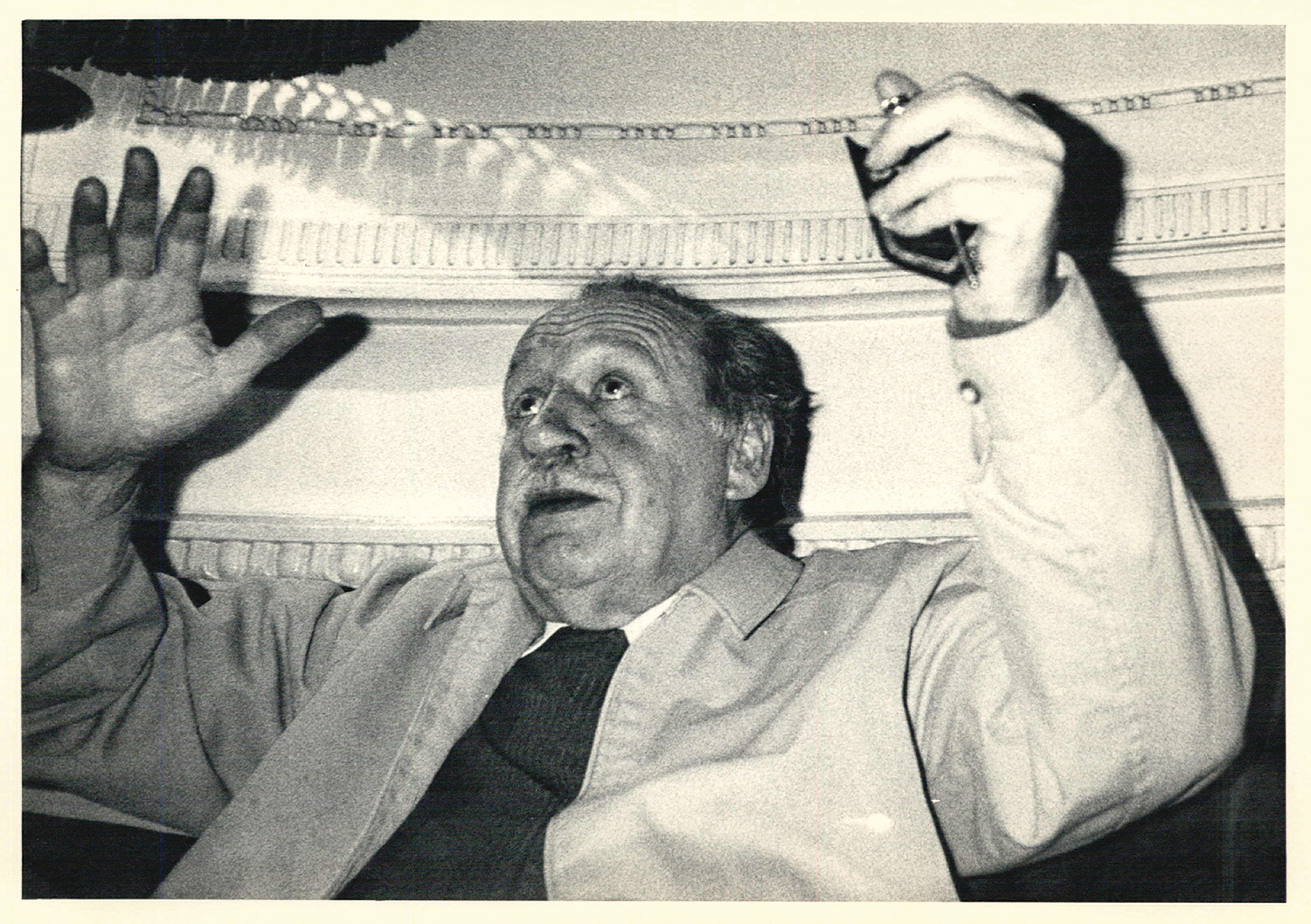
In the exile of Rome we had the opportunity to meet him in 1970 and to enrich him intellectually with him and to address socio-economic study differently. Then we were lucky enough to be with him in Brussels and in the Basque Country. Always thinking about the Basque Country. Even though it was sometimes a bit crude for personal relationships, a lot of leftist people came together: politicians, former guerrillas, journalists, intellectuals, etc.
As a member of the elite family of Bizkaia, he studied economics and law at the University of Deusto. When he went abroad, in Paris, at the University of Sorbonne, he continued his studies in law and then in Bonneco, Germany, he deepened the economy. As a young person, he had a rich intellectual background and an ease of learning languages.
Promoter of the Basque Country
Federico was a new Basque. At the age of 21, with Azkue’s hand, he became a member and with 26 he was appointed a number scholar. Not even in Euskaltzaindia. First, he managed to have the meetings held in Basque. He opted for the unified Basque who, in his opinion, had historically established the bases of the unified Basque in the classical labortane. For him there was the Basque traditional cult, which had already been written by Leizarraga and Axular, the Basque basic batua, and which had to be reinforced and developed, and not the current unified Basque.
I was against the clean Basque who used Aranism, and I was saying that Euskera had to borrow cultured terms from classical Greek, if it wanted to be an advanced and rich language. He used this Basque both to speak and to write: the classical labortan.
The Catholic Church considered it an enemy of the Basque Country, because it was always against the Basque. Pio XII.arekin highlighted this opposition. His arrogant attitude towards Franco and the Nazis did not like anything. When appointing Aita Villasante as a member of the Basque Language Academy, Euskaltzaindia asked Krutwig for a welcome conference. Well, the Catholic Church strongly criticized the colonial policy of excluding Euskera, especially during the Franco era. This conference generated chaos and the Franco police fled to Iparralde before being arrested, where they would meet with Basque refugees such as Likinian or Kasilda. In a trial held without his presence, he was sentenced to 25 years in prison.
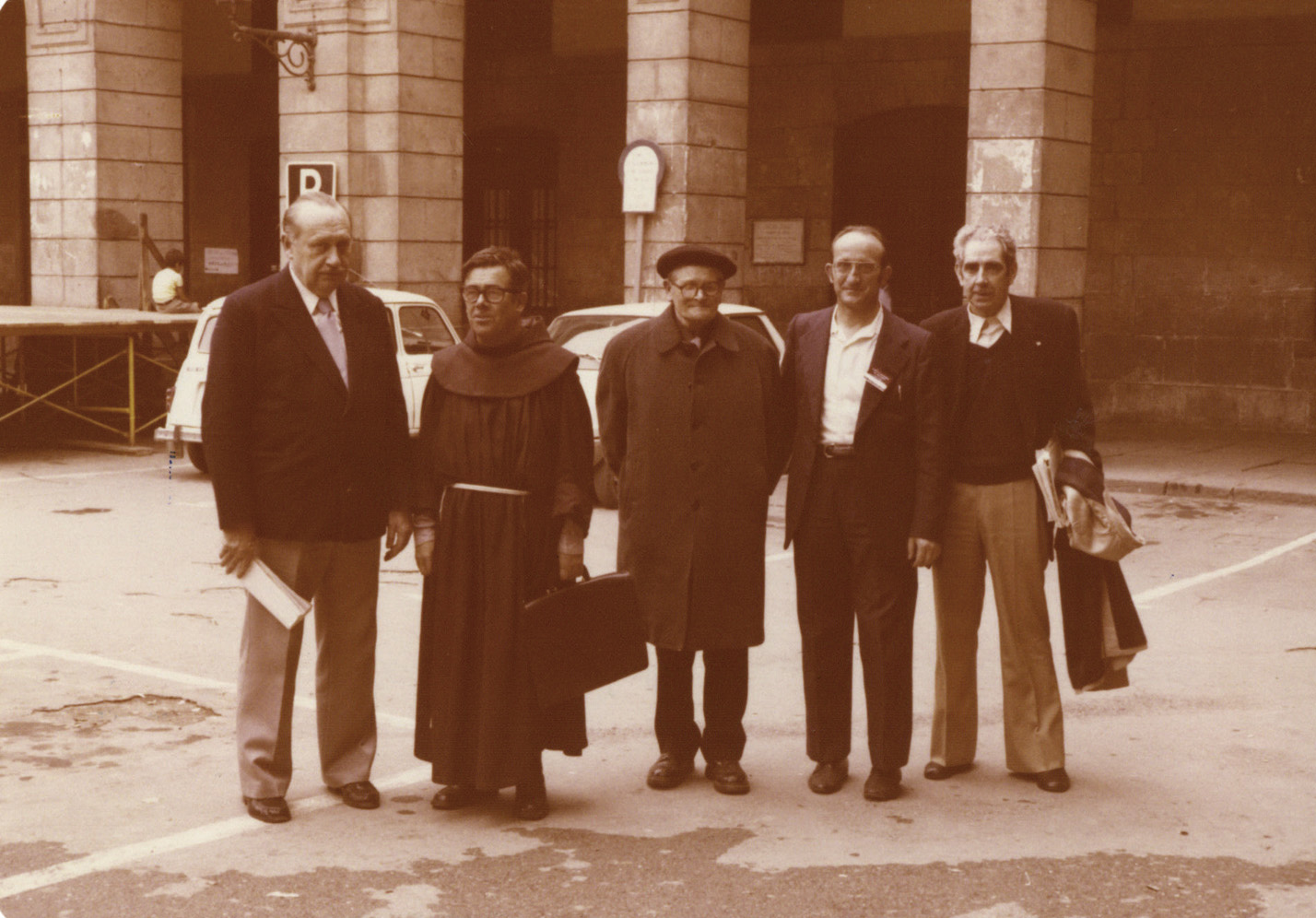
In the early years of exile he wanted to set up in Biarritz a congress of Basque businessmen who thought that businessmen would drive the Basque country. To this end, Manuel Irujo provided excellent cooperation from London as he welcomed the creation of a lobby of Basque entrepreneurs in post-war times in order to provide an innovative impetus to the Basque economy. These efforts were made in the early 1960s, but the project did not advance.
As I said, it was easy to learn languages and said that it dominated fifteen languages. He also knew the old Persian, but then he forgot because he couldn't find anyone to practice it. That is why the press agencies of the time were easily translating. He also translated the quotes of Mao Cedong.
The need to innovate and strengthen nationalism
Krutwig did a great job of renewing Basque nationalism and his main contributions would be written in three books, although his political work was much more fruitful: Vasconia (1963), The Basque Question (1965) and Computer Shock. Vasconia. 2001 (1984). The great cooperation of Pako Miangolarra, both in the proposal of ideas and in the financing of projects, stands out in this task.
In Vasconia we will find the definition of Gran Pueblo Vasco, which approaches the euroregion formed by a large part of the current New Aquitaine, Navarra and the CAPV. Likewise, the essence of the Basque nation is not race, as Aranism said, but language, and in the background culture and mentality, religion, race and socio-economic characteristics. Internationalization is a dialectical process, full of contradictions, which will use as a research method historical materialism, linked to Marxism. It will oppose private property if exploitation is to be avoided, and it will defend the Basque communal property that was still alive.
It will give us guidelines for the organisation of the infrastructures and the economy of the Great Basque People, in which advanced agriculture, modern industry, competitive communication, efficient services and appropriate universities are established. Many ideas coincide with the characteristics of the current Euroregion. So to some extent, we also had the voice of Krutwig, the Basque seer.
On the other hand, he drew to us how the Basque political administration should be formed. To do so, it will base its meetings from the bottom up if we want to achieve democratic institutionalisation. In this design the influence of the anarchist Cropotkin stands out.
For Krutwig, the upcoming revolution will focus on cybernetics, as information is the most powerful raw material of production processes than oil and gas.
In the early 1960s the sociopolitical study of Euskal Herria began to impregnate with Marxism and came as the fresh water from the source The Basque Question to demonstrate that Marxism (Lenin) also allowed us to recognize and justify the right to self-determination on our path to independence. At the end of that decade and before Franco's death, leftist nationalists used it as a base book.
The political process for independence must be peaceful, but if the dictatorship or lack of democracy prevent Euskal Herria from being independent, it will recognize that it would be legitimate to jump into the armed struggle against the state of oppressors. V from ETA. Several theories will participate in the congress, such as the division of the organization of this institution into four fronts: political, socioeconomic, military and cultural, the latter, according to Krutwig, the most important of the four. V. In the Assembly he was appointed a member of the Typical Congress and for some time he remained in Hego Euskal Herria as an ETA militant in hiding.
The era of the new revolution
Going back from exile, he'll write Computer Shock, where, as a seer, he'll foresee what the computer revolution means and teach us how Euskal Herria should do so so that he doesn't lose the wheel of progress. In the future, machines will acquire people's intelligence, and some machines, robots, will replace prolarios. Consequently, the revolution of the working class envisaged by Marx will not make sense, since the proletarianization to carry out the revolution lacks the capacity, but rather the elite of maximum knowledge. To do this, a Basque creative elite must be created and nurtured: In Sophopolis, in the city of flavors, in the meeting of the Basque elite, where the greatest inventions will be given for Euskal Herria to last among the most advanced countries.
At first I wanted to put Sophopolisa, a city of some 25,000 people, in the Gernika area. To create this city, he approached architects and engineers, but in vain. He then drew the Greek government to carry out this project and finally awarded it the island called Kea, where the dreamed sopholis would know the light. Krutwig died waiting for funding to carry out the project, and it all remained.
In Krutwig's book he completely departs from Marx; he tells us that historical materialism, the method that Marx applied to analyze the history of human beings, was not based on science and Newtonian physics, which the new physics will rule out. It also notes that any historical revolution has been produced in the hands of the elites of the time, so the working class will never lead the capitalist system to socialism; in addition, the working class will be represented by the robots in the productive process, which will be a weakness for the working class.
For Krutwig, the coming revolution will focus on cybernetics, because information is the most powerful raw material of production processes than the oil and gas that are about to disappear. That is why we Basques must be prepared, if we do not want to lose the world’s chariot and travel in the right direction.
On the other hand, the Basque elite will not only think of its own benefit, but must have as its mission to carry out production inventions in order to live better in Basque society, and not only to take advantage of a minority.
The Basque Country also has exceptional conditions for determining balanced economic development. At the heart of the economy he placed Bilbao with his seaport; it should not be forgotten that when he wrote Computer Shock, Bilbao was an important financial city which, without realizing it, has desaparecido.Tambi also talked about the innovative industry of Eibar, the people of inventions such as Bergara, or Arrasate, where there is rich experience in the formation of companies, or Oñati, where one can think. However, according to Krutwig, the Basque Country has a solid foundation for advancing the economy, provided that we do not lose the wave of cybernetics and classical studies.
Krutwig is a Basque divinity that must be known.
Members of the James Cook University and the Research Council of Australia have discovered ceramic fragments from 2,000-3,000 years ago on the island of Jiigurru in northwestern Australia. These are the oldest ceramic remains discovered so far in Australia. The geological study... [+]
Rome, a.C. 443. Censors were elected for the first time. Two centuries later it would be the most important magistrature of the Republic. Every five years, they chose two censors among consular senators.
It was a position of great responsibility: they were primarily responsible... [+]









